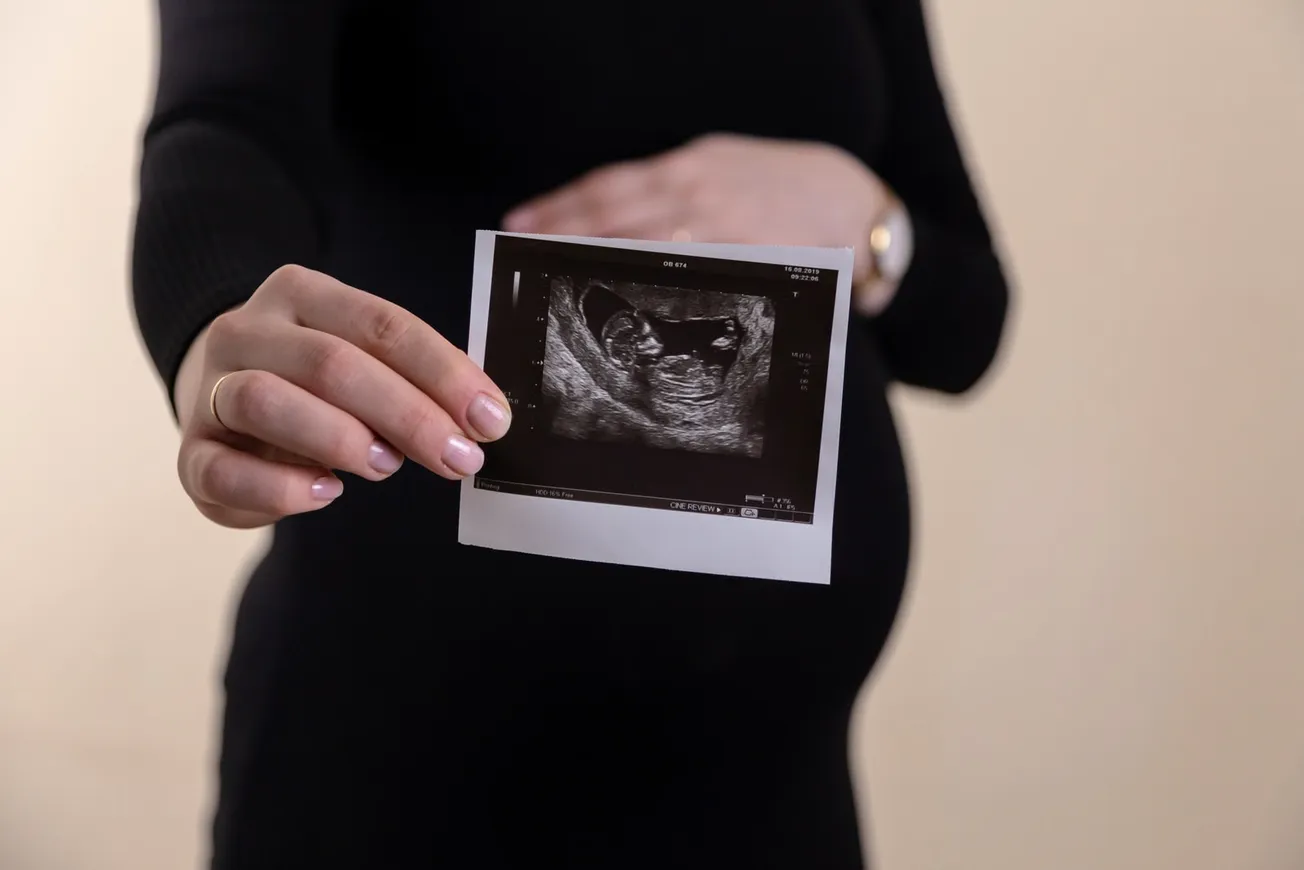Table of Contents
Researchers have captured the facial expressions of unborn babies tasting food for the first time, finding that they smile when they taste carrot and grimace when they taste kale.
Published in the journal Psychological Science, scientists from the Durham University asked 100 pregnant women to swallow capsules containing 400mg of either carrot or kale powder and used ultrasound scans to record the reactions of their unborn babies.
The researchers believe that unborn babies experience taste through the amniotic fluid. The compounds in the capsules eaten by the mother pass into her bloodstream and travel through the placenta into the amniotic fluid. The unborn babies would then experience flavour as they inhale and swallow the fluid.
Those babies who were exposed to carrots consistently showed more “laughter-face” responses, while the bitter kale led to more “cry-faces”.
Unborn babies “sense and discriminate different flavours and smells…”
Dr Beyza Ustun of Durham University, who led the research, said that mothers might be able to prevent “fussy eating” later by eating well during pregnancy.
Study co-author Professor Nadja Reissland, head of the university’s foetal and neonatal research laboratory, said: “This latest study could have important implications for understanding the earliest evidence for foetal abilities to sense and discriminate different flavours and smells from the foods ingested by their mothers.”
Professor Jacqueline Blissett of Aston University, a fellow co-author, said: “We know from prior research that the nutrition that the foetus receives in the womb is really important in determining later health, but this is the first direct evidence that the foetus responds to flavours in mum’s diet in similar ways to when they experience those flavours after they have been born.”
“This suggests that pregnancy might be a great time to eat all of the things that it is harder to get babies to learn to like — like green vegetables.”
A study released last year showed that unborn babies undergoing an anaesthetic injection into their thigh ahead of intrauterine surgery exhibit changes in facial expression similar to newborn babies experiencing pain.
Right To Life UK spokesperson, Catherine Robinson, said: “This study once again shows the evident humanity of the unborn child. He or she is just a small developing human being who is able, as he or she develops, to do more and more things that the rest of us can do, like taste and feel.”






